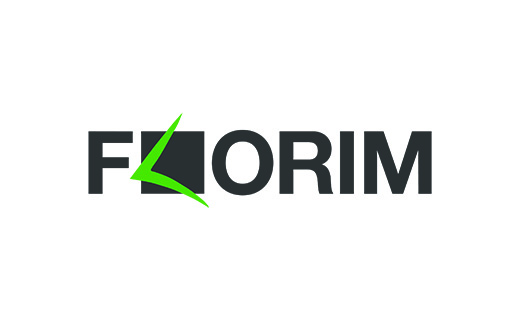

FLORIM SPA SB

1.6
Province of Modena, Italy
December 2020
Other manufacturing
Manufacturing
China,
Germany,
Italy,
Russia,
Singapore,
South Korea,
United Arab Emirates,
United Kingdom,
United States
Florim Group is an international benchmark in the production of porcelain stoneware surfaces, driven by passion, innovation and sustainability. Led by Claudio Lucchese the company combines a strong Italian heritage with a global industrial vision. The Italian parent company Florim SpA SB, driven by an innate passion for beauty and design, has been creating high-end porcelain surfaces that meet the needs of construction, architecture and interior design worldwide. With production facilities, distribution partners and flagship stores in the world’s top design capitals the brand embodies a philosophy that transforms “Made in Italy” into “Made in Florim.” Built upon the solid foundation laid by the Florim Group, globally renowned as a leader in the ceramic tile manufacturing sector, the American subsidiary Florim USA is committed to continued technological innovation and to producing timeless, sustainable porcelain tile products, proudly made in the USA for 25 years. Its strategic direction is to provide the US market with products specifically designed and developed for the American audience. After becoming a Benefit Corporation, Florim SpA SB obtained B Corp certification in 2020 and has been part of Altagamma since 2022, joining Italy’s most prestigious brands.